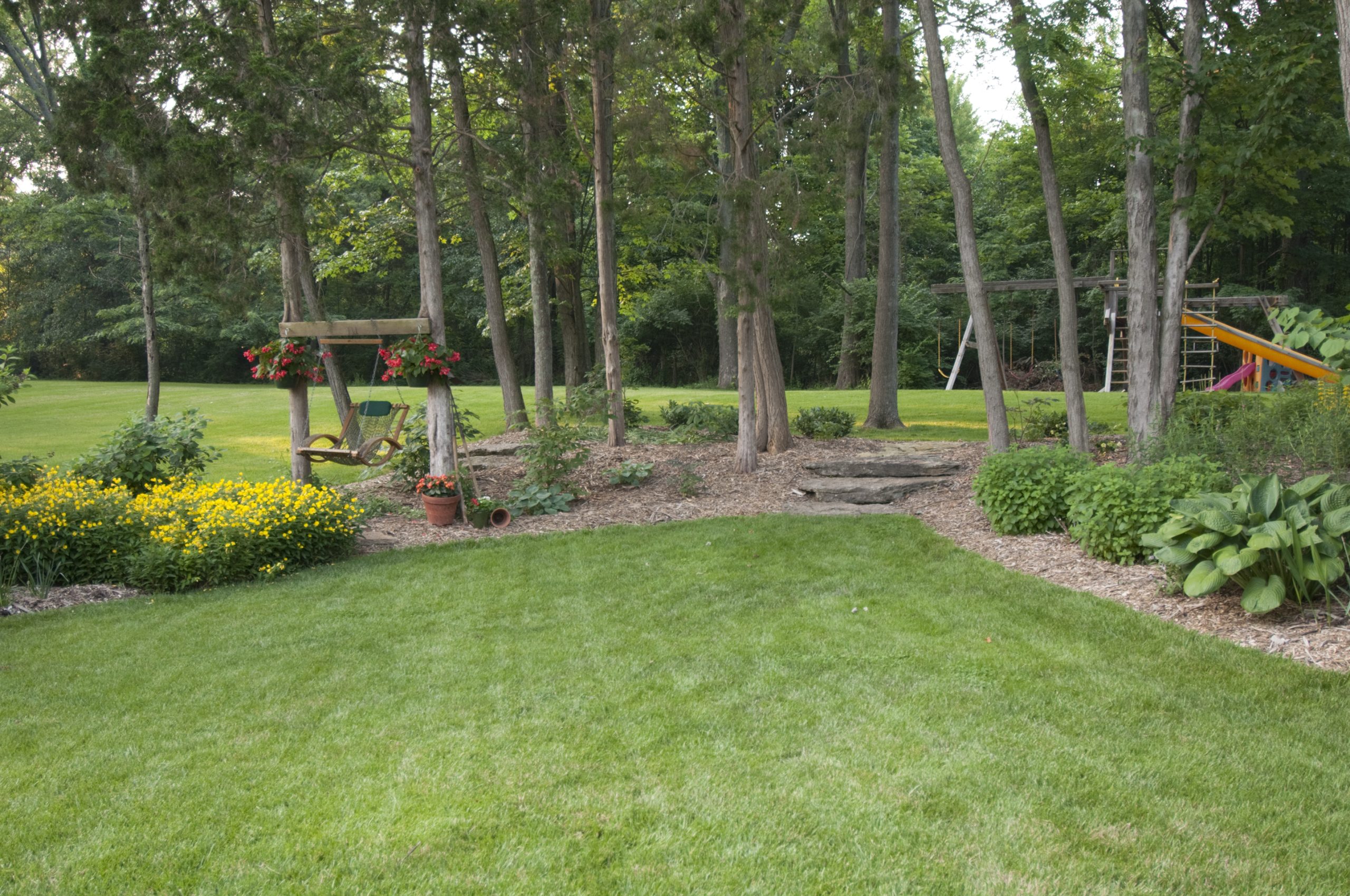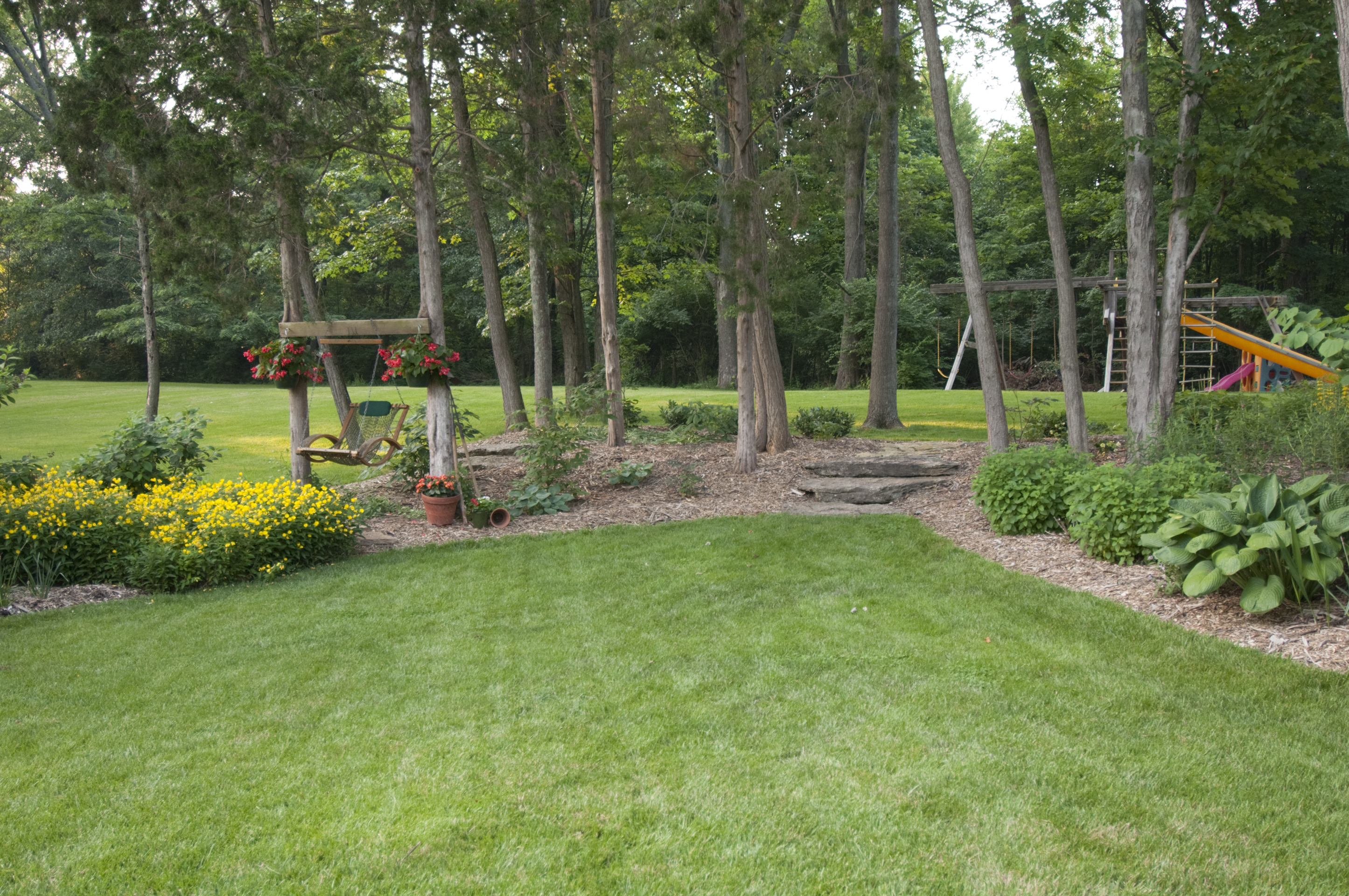10 Amazing Tips For Doing Summer Cleanup Of Your Garden

As the pleasant spring fades away and the weather turns to scorching agony, the fluttering butterflies disappear from your yards and the blooming chrysanthemums lose their former glow. With the onset of summers, your skillfully prepared garden begins showing signs of dehydration and desiccation and your favorite flowers turn into a dead, withered mess. Your beautiful orchard that was once home to a thousand different varieties of radiant flowers in spring now resembles a barren patch. If you dread such a fate for your religiously maintained garden, here are a few tips to help you prep and cleanup your gardens for the cruel summer season.

If the remnants of wilted spring roses and dead foliage still cover your garden area, now is the time to rake up the debris. Spring cleanup is important to aerate your garden and make it less prone to fungal infections. Other than that, it significantly helps to improve the soil quality by allowing increased absorption of moisture. You might want to carry out this task manually by surveying your lawn and searching for dead leaves, rotten fruit, withered flowers or spoiled foliage.
After you are done clearing the remains, you should turn your attention towards tilling the patches. But before you work on the soil, doing a general cleanup is highly important. Again, pick up any visible floral scraps by hand. The next thing to do is level your patch with the help of an appropriate gardening tool. Ensure that the soil in each spot is equally spread out and there are no excess blotches in one area as compared to another.
A must-do for a well flourishing garden in summers is the process of weeding. If you want your plants luscious green and your flowers radiantly blooming, make sure that you do the weeding with extreme caution. Pull out excess weeds or unwanted herbal growth alongside the plants because you don’t want it to suck out moisture from the ground.
Trim the growing grass with a lawnmower and cut away the flowering branches to an appropriate height. Similarly, prune away the branches and other vegetation in the garden to ensure a clean look.
Collect the dead leaves and debris together in a pile and moisten them to form mulch. Apply it around the base of trees in careful amounts for protection and nutrients. Similarly, heap together the organic waste to form into compost for making natural fertilizers. It is not only a nice cleanup technique but also a healthier nourishing option for your plants.
In summers, your plants need excess watering to prevent them from drying and becoming wilted. Therefore, you need to install an efficient watering system for your plants. Either you do it manually or by employing some irrigation method, ensure that the plants are getting enough moisture. Try to employ moisture conserving methods in your gardens for the summers.
It is better to use organic fertilizer for your plants in summers. Using high nitrogenous fertilizer can erode your land during this season. The best way to keep your garden as clean and trimmed as possible is to water it regularly, do the weeding and look out for excess herbs.
If you have grown fruits and vegetables in your backyard, keep a continuous check. Pick them up as soon as they ripen to prevent them from making a mess. Pick away any damaged or rotten fruit and regularly survey for a fungal disease or bacterial damage. Since such diseases are contagious, remove the infected pieces right away to prevent them from damaging surrounding crops.
As you are going to use your tools excessively during the summers, keep them clean and sharp. Make a proper shaft or cupboard to arrange them according to their use. Keeping your work tools clean is an important part of having a clean and well-maintained garden.
After you are done pampering your floras and fleurs, take some time out to retouch and beautify the surroundings. Repaint the worn out fence and recolor the flower pots. Make sure, that the accessories look as beautiful and glowing as the vegetation in your garden.
Bio:
In this article, Dean Tyrell, shares his insight about how to do a summer cleanup for your garden. He discusses in detail some of the most important tips and highlights the necessity of maintaining a clean, properly trimmed yard. Mr. Tyrell is an experienced professional in the field of gardening and has worked as a consultant for the groundguys landcaping management in the past.
